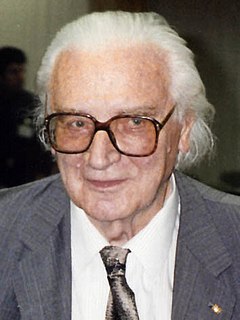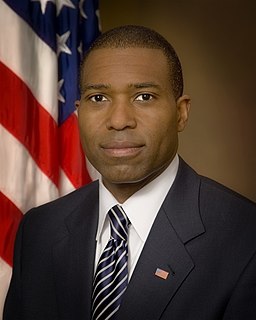A Quote by Donald Knuth
Programs are meant to be read by humans and only incidentally for computers to execute.
Related Quotes
First, we want to establish the idea that a computer language is not just a way of getting a computer to perform operations but rather that it is a novel formal medium for expressing ideas about methodology. Thus, programs must be written for people to read, and only incidentally for machines to execute.
Until computers and robots make quantum advances, they basically remain adding machines: capable only of doing things in which all the variables are controlled and predictable. Robots are bad at pattern recognition and certainly at common sense. That's why computers can beat humans in chess but can't have even a basic conversation with a six-year-old.
There are tribes, I should say nations, which prior to the AIM movement had only ten or fifteen employees, and now have upwards of 2000. There are educational programs that didn't exist before, there are housing programs, health programs, senior citizen programs, cultural programs and the list goes on. It's all because some people stood up and said sovereignty is our right by treaty and the constitution says treaty law is the supreme law of the land.




































